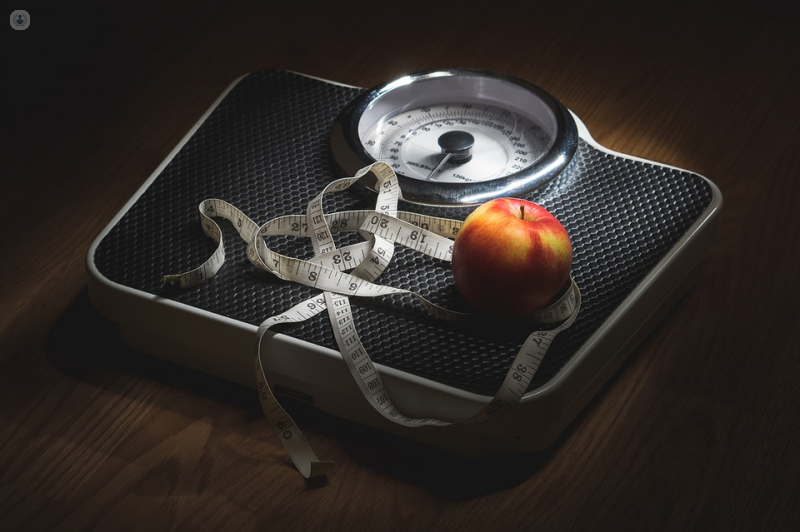


What is insulin resistance?
Insulin is a hormone made in the pancreas. It is released into the bloodstream when blood glucose levels rise after eating, as it aids the body’s cells in absorbing glucose from the blood and reduces glucose production in the liver, thus preventing blood sugar levels from becoming too high.
If muscle, fat and liver cells develop insulin resistance, it means they do not respond properly to the presence of insulin, and as a result, their ability to absorb glucose from the blood is decreased. A greater concentration of insulin will be needed to achieve the desired effect.
Prognosis of insulin resistance
Insulin resistance typically causes the body to produce more insulin to compensate – a condition known as hyperinsulinaemia. Moreover, it is a driving factor behind the development of type 2 diabetes, prediabetes and gestational diabetes.
Symptoms of insulin resistance
There are usually no symptoms of insulin resistance when the condition first develops; symptoms manifest later as a knock-on effect of high blood glucose levels, including:
- Hunger
- Lethargy
- Difficulty concentrating
- High blood pressure
- High cholesterol levels
- Weight gain, particularly around the belly
Medical tests to diagnose insulin resistance
Insulin resistance can be diagnosed by testing the blood for high insulin levels. However, doctors rarely test specifically for insulin resistance, as some of the most effective tests, such as the euglycemic clamp are too expensive and complicated to be carried out in a doctor’s surgery.
It is most commonly diagnosed during blood tests for prediabetes, as prediabetes rarely occurs without insulin resistance.
What are the causes of insulin resistance?
The causes of insulin resistance are not completely understood, but several risk factors that could contribute to its development have been identified:
- Being overweight/obese
- Little physical activity
- A diet that is high in calories, sugar and/or carbohydrates
- Chronic stress
- Long-term use of steroids taken in high doses
- Certain other conditions, such as polycystic ovary disease and Cushing’s disease
Treatments for insulin resistance
There are several ways to reduce the effects of insulin resistance, and in some cases reverse it. These methods revolve around losing weight and increasing physical activity. Effective lifestyle changes could include:
- Adopting a low-carbohydrate, low-calorie or ketogenic diet
- Walking for 30 minutes a day
- Increasing weekly levels of exercise, e.g. going to the gym
- Weight loss surgery
Which type of specialist treats insulin resistance?
Doctors specialising in endocrinology, diabetes and metabolism are usually able to diagnose and treat insulin resistance and prediabetes.
